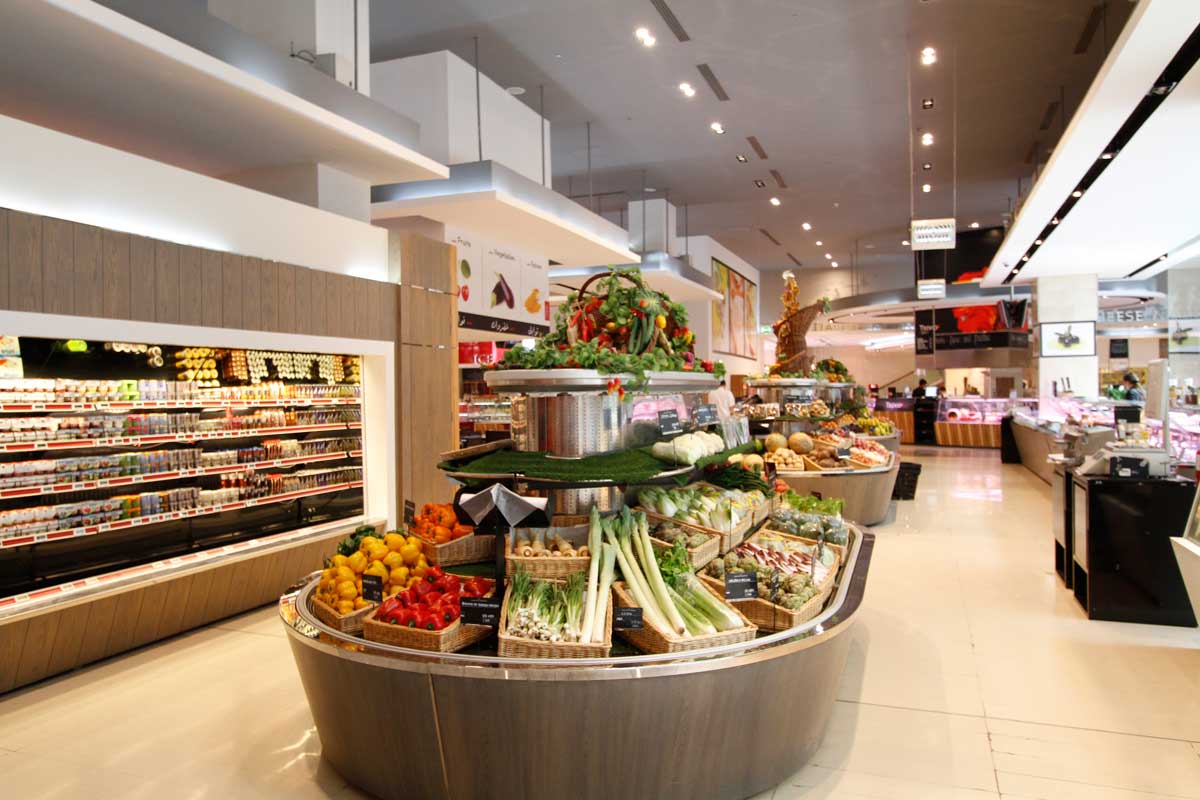It seems like every other week we hear a new statistic about climate change that brings our very existence into sharp focus. 99 percent of the species that have evolved on earth are now gone. What an ironic twist, that in our search for perpetual growth and prosperity, our unsustainable way of living could be our own undoing…
Food as survival
Food is pleasure, but it is also survival. That is where we are now, globally, fighting for survival. Much of the discourse about climate change rightly focuses on cleaner transport, and less carbon-intensive manufacturing, but we are not talking radically enough about reorienting our food systems in order to help us survive.
The 2022 World Food Prize winner Cynthia Rosenzweig put it perfectly when she said “Climate change cannot be restrained without attention to food system emissions, and food security for all cannot be provided without resilience to increasing climate extremes”.
Multiple global crises (Covid-19, the Russia-Ukraine tension and more) have exposed structural weaknesses in our food systems and threatened the survival of many. In and amongst the sirens of war, concessions to enable the transport of critical grains from Ukraine demonstrate the ‘above-all-else’ imperative of food.
Food as a destructive luxury
The GCC’s wealth has enabled the region to make massive strides in food security, in terms of the availability, affordability and quality of food. This has been achieved through a range of means, including buying agricultural land abroad, and investing in some of the largest food producers.
Shopping for food in the region is second to none – go into any supermarket and you’re inundated with apples from every corner of the earth, as well as mangosteens, rambutans and lychees that one could only dream of finding in the UK.
But this is a core part of the problem. While the GCC countries perform exceedingly well in most metrics of the Food Security Index, all 6 countries’ lowest scores in the 2022 edition were in the Sustainability and Adaptation dimension.
This does not come as a surprise. The region imports around 85 percent of its food, much of this by necessity. It is simply not possible to produce enough food locally to meet demand – that simply doesn’t happen anywhere, and that’s not the argument here. Rather, a rebalancing is needed to reduce the reliance on imports, grow locally where feasible, and drive changes in consumer behaviour.
Opportunity in crisis
Just as the fuel efficiency of US cars increased significantly following the 1973 oil crisis, the aggregation of different climate and food-related challenges provide a fertile ground for innovation and action. The GCC’s wealth and desire to act as global leaders across a number of fields mean that it is well placed to drive innovation in food systems, and act as an exemplar to the rest of the world.
Recognising the stable regulatory environment and significant government incentives on offer, a host of leading AgriTech companies have set up across the GCC, allowing the region to build on this early success to accelerate the growth of local production capabilities.
Pure Harvest and Madar Farms have noticeably changed things in the UAE; go into any supermarket and you’ll increasingly see fruit and vegetables made in the country – a sign that it is possible to grow food in the desert!
GCC governments are increasingly doing their part to drive systemic change. The UAE government’s AgriTech Sector Development Team, Qatar’s hosting of the International Horticultural Exhibition in 2023, and Oman’s empowerment of farmers through smart agriculture, does demonstrate important engagement in the topic.

Consumers as the final hurdle
Despite these green shoots, consumption patterns in the region are the primary challenge to overcome. By its very nature, the region attracts millions of global citizens; each one wants a taste of home, which has its own price tag for the environment.
So, what’s the answer here? Can the GCC really maintain its strong value proposition to foreign labour, and clamp down on some of what keeps them connected to their past?
In part yes; if governments in the region can attract more investment into smart agriculture, they can drive more local production.
If they can drive consumer awareness campaigns that make obvious the ‘luxury vs survival’ question, companies and people may decide to reorient their consumption patterns. The region has so far been shielded from some of the economic turmoil that’s gripping the globe.
However, in a world where climate change doesn’t discriminate, the region cannot rest on its laurels, and needs to set the stage now to ensure future generations can not only survive, but thrive, in the GCC.










